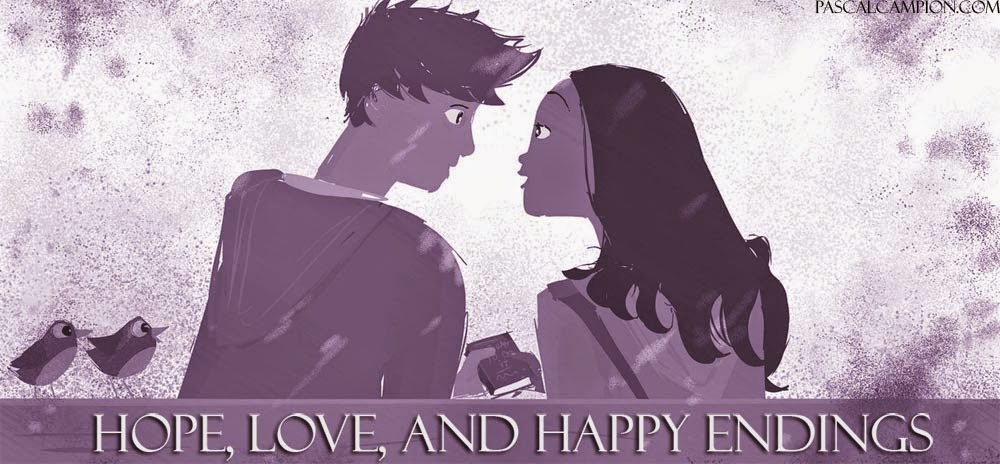Alaya Dawn Johnson
Arthur A. Levine
March 1st 2013
Young Adult | Science Fiction
Official Blurb -
A heart-stopping story of love, death, technology, and art set amid the tropics of a futuristic Brazil.
The lush city of Palmares Tres shimmers with tech and tradition, with screaming gossip casters and practiced politicians. In the midst of this vibrant metropolis, June Costa creates art that’s sure to make her legendary. But her dreams of fame become something more when she meets Enki, the bold new Summer King. The whole city falls in love with him (including June’s best friend, Gil). But June sees more to Enki than amber eyes and a lethal samba. She sees a fellow artist.
Together, June and Enki will stage explosive, dramatic projects that Palmares Tres will never forget. They will add fuel to a growing rebellion against the government’s strict limits on new tech. And June will fall deeply, unfortunately in love with Enki. Because like all Summer Kings before him, Enki is destined to die.
Pulsing with the beat of futuristic Brazil, burning with the passions of its characters, and overflowing with ideas, this fiery novel will leave you eager for more from Alaya Dawn Johnson.
Not what I was expecting. While the synopsis does cover most of the facts it doesn't quite place them in their rightful priority. The Summer King does not hint at Fae but a barbaric royal ritual of a post-apocalyptic society. This society is very similar in their vanities as the society in Uglies by Scott Westerfeld. The cover is not depicting magical tattoos or sweat and exertion from dancing but light implantation under her skin for the sake of art. I find it interesting that they are so concerned with rebelling against their elders restriction on technology. Why just technology and not also the way they are perceived as lacking in any political opinions? I felt the book was missing the life and passion a "lethal samba" seemed to imply. There really wasn't as much club hopping or dancing as odd "art" projects. The Wakas, or under thirty crowd, loved to be passionate and have a party lifestyle. But the way it is played off feels more like we are seeing this through the eyes of a much older generation instead of right in the heat of it.
Romance or love felt more like a farce. Very loose terms of love. More like calf love, completely blind and doomed to die. A right of passage instead of reality. This post-apocalyptic society seems completely integrated into a homosexual or bisexual existence. Just not something that works for my taste.
In typical sciece fiction format this story has its own language or more specifically terminology. Wakas, Grandes, and Mushi bots being just a few examples.
Perhaps this book is better suited to those of a more artist and open mindset. And perhaps the characters with more time will take on a life that makes everything else distant background noise. Sadly that will be for someone else to discover since I had to put the book aside.
Content:
Language: Moderate
Language: Moderate
UNFINISHED

